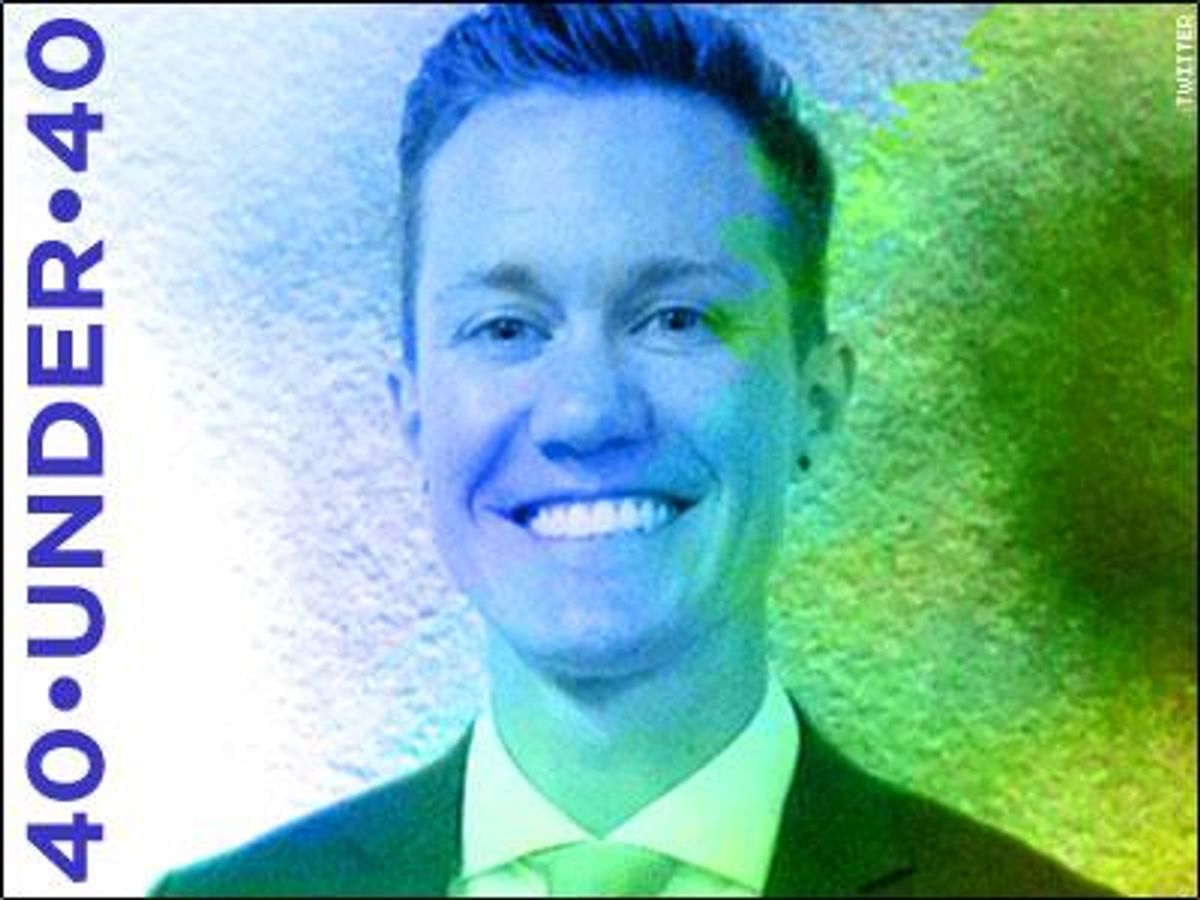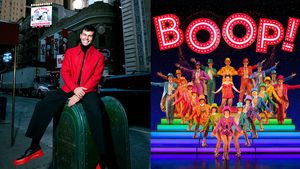Chris Mosier, 33
New York City
@thechrismosier
Very few people finish running their first marathon looking for a new challenge, but that's exactly what drew Chris Mosier to the mentally and physically demanding world of triathlons.
"I thought, What better challenge than teach myself how to swim?" he recalls. "I signed up for the NYC Triathlon so I had a race on my calendar and then worked toward it."
Mosier, who is transgender, had not yet transitioned when he competed in his first triathlon in 2009, and a year later, he came out publicly in The Advocate.
"Competing as a woman, I thought about gender all the time, to a point where it interfered with my ability to be successful because I didn't feel comfortable at races," he told Go Pride in 2011. "Now I feel more able to focus, as gender doesn't come up as much."
The triathlon, by its nature, is a mentally taxing event. By incorporating a new sport into each segment, the course invokes different muscle groups and new skills. But for Mosier, the added stresses for a trans athlete make swimming, as he says, the toughest part.
"Initially I didn't like swimming because navigating the pool, locker rooms, and swimwear was difficult before and during the early parts of my transition," he says. "It caused me a lot of anxiety. I've gotten over my fear of the water, and I'm more comfortable with myself now. Being able to go to the pool and swim confidently has been empowering for me as a trans person."
In addition to being a fierce competitor, Mosier is an advocate for trans inclusion and acceptance in athletics. While in no way deemphasizing the importance of inclusion for gay, lesbian and bisexual athletes, he explains that the concerns for trans people are different.
"Transgender athletes don't just worry about if they will be accepted by teammates and coaches," he explains. "They have to worry about whether or not they'll even be allowed to participate in the sports they love."
Mosier is the founder of transathlete.com, an online resource about trans inclusion in athletics, which outlines the policies of many governing bodies and sports.
"A positive change would be allowing athletes to compete as their lived gender and without forcing genital surgery," he says. "I think change is happening, slowly, and because of the visibility of trans people who still want to play."
At the NYC Triathlon this year, Mosier set his personal best by seven minutes, even after stopping midway on the bike segment to change a flat tire for a stranger. He says he has a few fun races coming up this fall, but his next goal will be to compete in the USA Triathlon Nationals race next year, and to become first openly transgender athlete to compete on Team USA. Most recently, Mosier competed in the Gay Games in Cleveland, where he won the silver medal in the Olympic distance triathlon.
"The Opening Ceremony was electric!" he recalls. "To see so many LGBT athletes in one space was a great experience."
Earlier this year, Mosier became the first trans man inducted into the National Gay and Lesbian Sports Hall of Fame. "When I was considering transition, I didn't see any trans men who were athletes," he remembers. "I didn't know it was possible to continue to compete through transition, and I thought I would go from competitive to middle of the pack in races. But really the opposite has been true. I've gotten more and more competitive in the male age group, working toward the elite level. My hope is that athletes who are questioning their gender identity can see me and hear my story and know they don't have to give up their identity as an athlete to live authentically."













































































